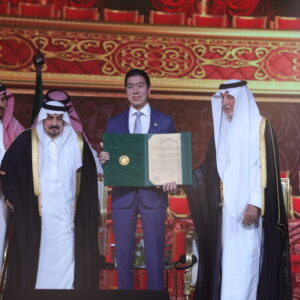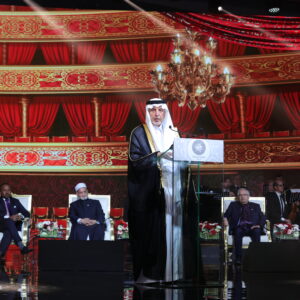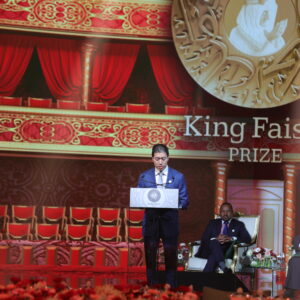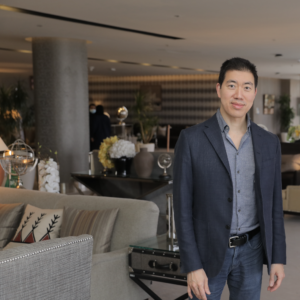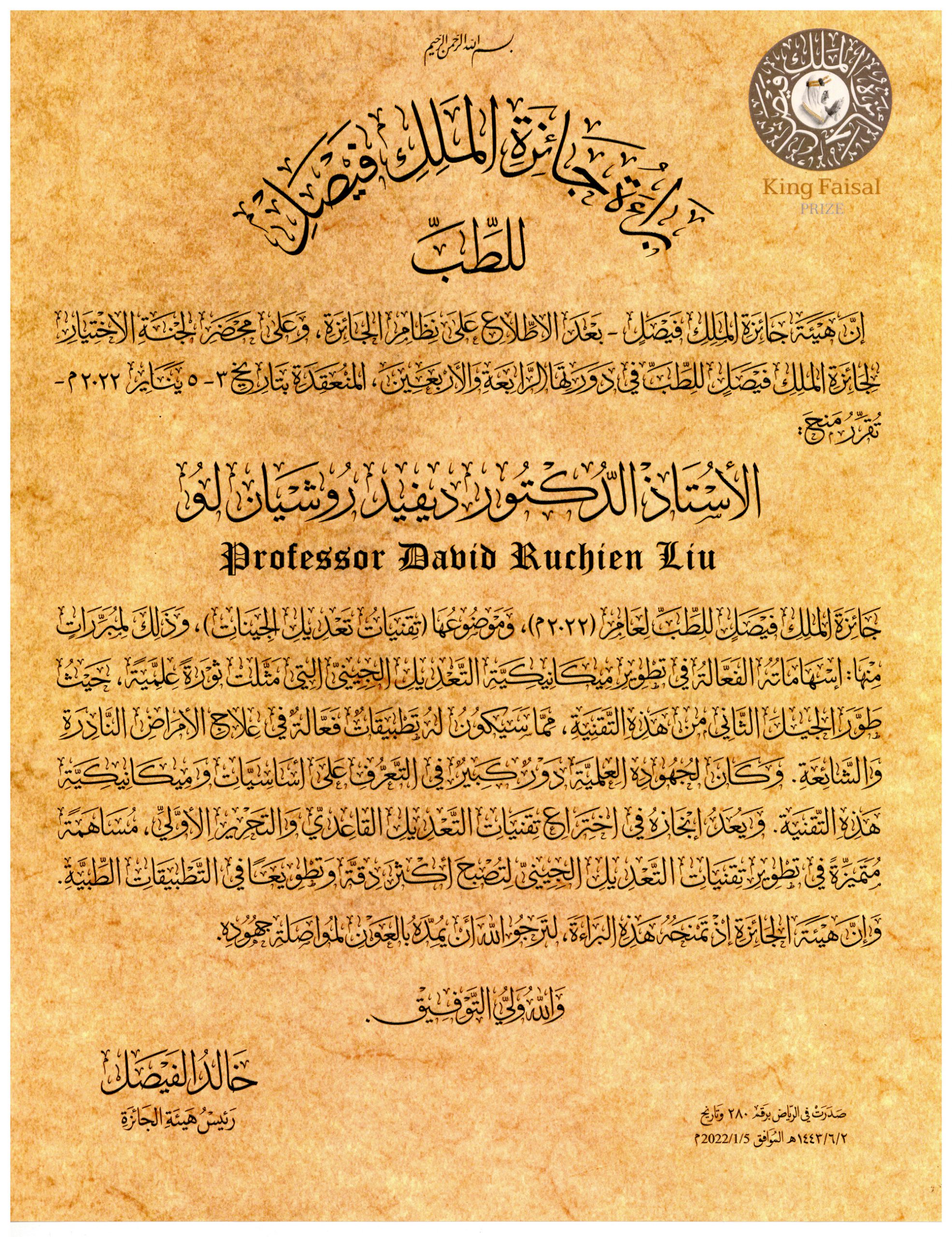

Professor David Ruchien Liu
King Faisal Prize in Medicine 2022 Laureate
Topic: "Gene Editing Technologies"
we have begun to transform this bleak picture into one of hope, as we developed gene editing technologies

David Liu graduated first in his class at Harvard College in 1994. During his doctoral research at UC, Berkeley, Liu initiated the first general effort to expand the genetic code in living cells. He earned his Ph.D. in 1999 and became an assistant professor of chemistry and chemical biology at Harvard University in the same year. He was promoted to an associate professor in 2003 and to a full professor in 2005. Liu became a Howard Hughes Medical Institute investigator in 2005 and joined the JASONs, academic science advisors to the U.S. government, in 2009. In 2016, he became a Core Institute Member and a Vice-Chair of the Faculty at the Broad Institute of MIT and Harvard, and the Director of the Chemical, Biology, and Therapeutics Science Program.
Professor Liu is the Richard Merkin Professor and the director of the Merkin Institute of Transformative Technologies in Healthcare, the vice chair of the faculty at the Broad Institute of Harvard and MIT, the Thomas Dudley Cabot Professor of the Natural Sciences at Harvard University, and a Howard Hughes Medical Institute (HHMI) investigator. Liu’s research integrates chemistry and evolution to illuminate biology and enable next-generation therapeutics. His major research interests include the engineering, evolution, and in vivo delivery of genome editing proteins such as base editors to study and treat genetic diseases; the evolution of proteins with novel therapeutic potential using phage-assisted continuous evolution (PACE); and the discovery of bioactive synthetic small molecules and synthetic polymers using DNA-templated organic synthesis and DNA-encoded libraries. Base editing, the first general method to perform precision gene editing without double-stranded breaks, and a Science 2017 Breakthrough of the Year finalist, as well as prime editing, PACE, and DNA-templated synthesis are four examples of technologies pioneered in his laboratory. These technologies are used by thousands of laboratories around the world and have enabled the study and potential treatment of many genetic diseases.
Liu has been elected as a member of the U.S. National Academy of Sciences, the U.S. National Academy of Medicine, and the American Association for the Advancement of Science. He has earned several University-wide distinctions for teaching at Harvard, including the Joseph R. Levenson Memorial Teaching Prize, the Roslyn Abramson Award, and a Harvard College Professorship. Liu has published more than 200 papers and is the inventor on more than 75 issued U.S. patents. His research accomplishments have earned distinctions including the Ronald Breslow Award for Biomimetic Chemistry, the American Chemical Society David Perlman Award, ACS Chemical BiologyAward, the American Chemical Society Pure Chemistry Award, the Arthur Cope Young Scholar Award, the NIH Marshall Nirenberg Lecturer, and awards from the Sloan Foundation, Beckman Foundation, NSF CAREER Program, and Searle Scholars Program. In 2016 and 2020, he was named one of the Top 20 Translational Researchers in the world by Nature Biotechnology, and was named one of Nature’s 10 researchers in the world and to the Foreign Policy Leading Global Thinkersin 2017. He is the founder or co-founder of several biotechnology and therapeutics companies, including Beam Therapeutics, Prime Medicine, Editas Medicine, Pairwise Plants, Exo Therapeutics, and Chroma Medicine.
This biography was written in the year the prize was awarded.

